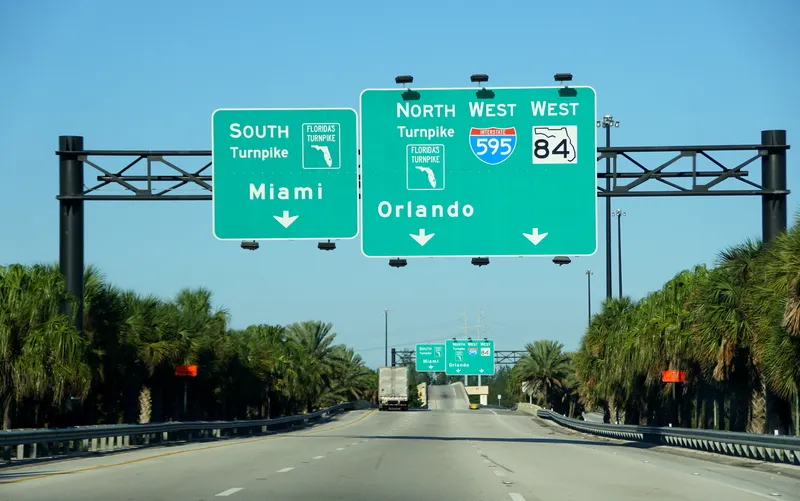Siemens and NXP Semiconductors recently hosted live connected vehicle (CV) demonstrations in downtown Tampa in conjunction with the Florida Autonomous Vehicle Summit. Participants were driven around the half-mile course to experience how connected vehicle and vehicle-to-infrastructure (V2I) technologies work in a real-world setting.
The technologies demonstrated reflect some of the systems that Tampa will feature as part of the upcoming Tampa-Hillsborough Expressway Authority’s (THEA) and US Department
December 1, 2016
Read time: 2 mins
The technologies demonstrated reflect some of the systems that Tampa will feature as part of the upcoming Tampa-Hillsborough Expressway Authority’s (THEA) and
Siemens, as a member of the Tampa-Hillsborough Expressway Authority (THEA) team, has been chosen by the U.S. Department of Transportation (DOT) to provide V2I technology for the new Connected Vehicle pilot project. Siemens technology will enable vehicles and pedestrians to communicate with traffic infrastructure like intersections and traffic lights in real-time to reduce congestion specifically during peak rush hour in downtown Tampa.
The CV Pilot Program is now moving into Phase 2 which includes design and deployment with the aim of improving rush hour safety and congestion. As part of Phase 2, THEA plans to recruit volunteer drivers beginning in the fall of 2017 to participate in the pilot. After approximately 20 months, the project will enter a third, 18 month operational phase to be concluded in late 2019.








